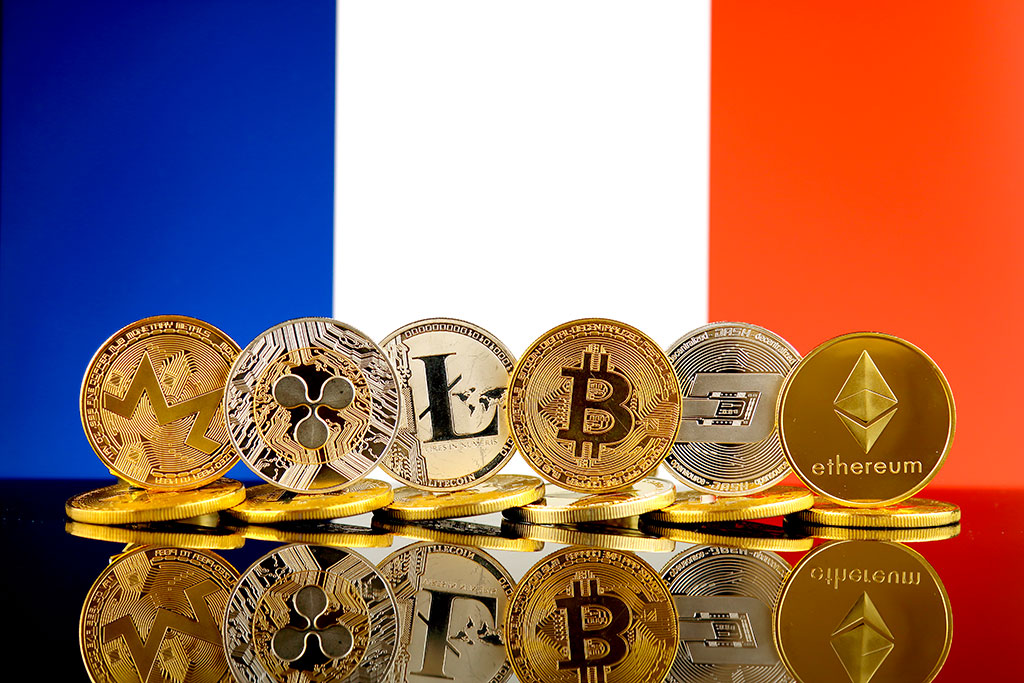France Proposes Tax on Unrealized Crypto Gains
28.01.2025 11:30 1 min. read Alexander Zdravkov
France is making headlines with a controversial tax proposal targeting unrealized crypto gains as part of its 2025 budget.
If passed, investors could be taxed on the increased value of their holdings, even without selling them. The measure, approved by the Senate, now awaits a vote in the National Assembly.
Supporters argue the tax ensures wealthier investors contribute fairly, while critics warn it could penalize holders and discourage innovation. Unlike existing capital gains taxes on sales, this proposal adds a layer of complexity by taxing unsold assets, a rare move globally.
This development comes as Europe ramps up efforts to regulate crypto, balancing innovation with oversight. While France’s bold step may set a precedent, it also raises concerns about driving investment out of the region. The proposal highlights the growing tension between crypto’s decentralized ethos and governments’ push for tighter control.
If implemented, this tax could mark a significant shift in how digital assets are treated, both in France and potentially across Europe. It would put France at the forefront of crypto regulation but may also spark backlash from investors and businesses worried about the long-term impact on the region’s competitiveness in the fast-evolving digital economy.
-
1
California Sets Stage for Crypto Payments in Government Licensing
04.06.2025 18:00 2 min. read -
2
Crypto Bill Sparks Uproar Over Trump Ties and Regulatory Conflicts
06.06.2025 10:00 1 min. read -
3
EU Eyes DeFi Rules Without Defining What It Is
07.06.2025 18:00 2 min. read -
4
Switzerland Prepares to Join Global Crypto Tax Network by 2026
07.06.2025 20:00 1 min. read -
5
Trump’s CFTC Pick Pledges Crypto Regulatory Clarity for Blockchain’s Future.
11.06.2025 14:00 1 min. read
Europe Takes the Lead in Crypto as U.S. Stalls on Regulation
Europe is emerging as the new global crypto hub, propelled by its MiCA regulatory framework, which is attracting investors and platforms alike.
Norway Weighs Temporary Freeze on Crypto Mining to Conserve Energy
Norway may hit the pause button on cryptocurrency mining later this year. The government announced Friday it will study whether to impose a provisional ban on mining data centers, arguing that energy and grid capacity should be reserved for more pressing needs.
Wall Street Prepares for Stablecoin Integration as Regulatory Path Clears
Following the Senate’s approval of the GENIUS Act, U.S. financial institutions are signaling growing interest in stablecoins for settlement and payments.
Bangkok Opens Five-Year Tax Holiday for Crypto Traders
Bangkok has thrown new weight behind its digital-asset ambitions, carving out a five-year capital-gains tax holiday for Thais who sell cryptocurrencies such as Bitcoin through locally licensed exchanges.
-
1
California Sets Stage for Crypto Payments in Government Licensing
04.06.2025 18:00 2 min. read -
2
Crypto Bill Sparks Uproar Over Trump Ties and Regulatory Conflicts
06.06.2025 10:00 1 min. read -
3
EU Eyes DeFi Rules Without Defining What It Is
07.06.2025 18:00 2 min. read -
4
Switzerland Prepares to Join Global Crypto Tax Network by 2026
07.06.2025 20:00 1 min. read -
5
Trump’s CFTC Pick Pledges Crypto Regulatory Clarity for Blockchain’s Future.
11.06.2025 14:00 1 min. read


